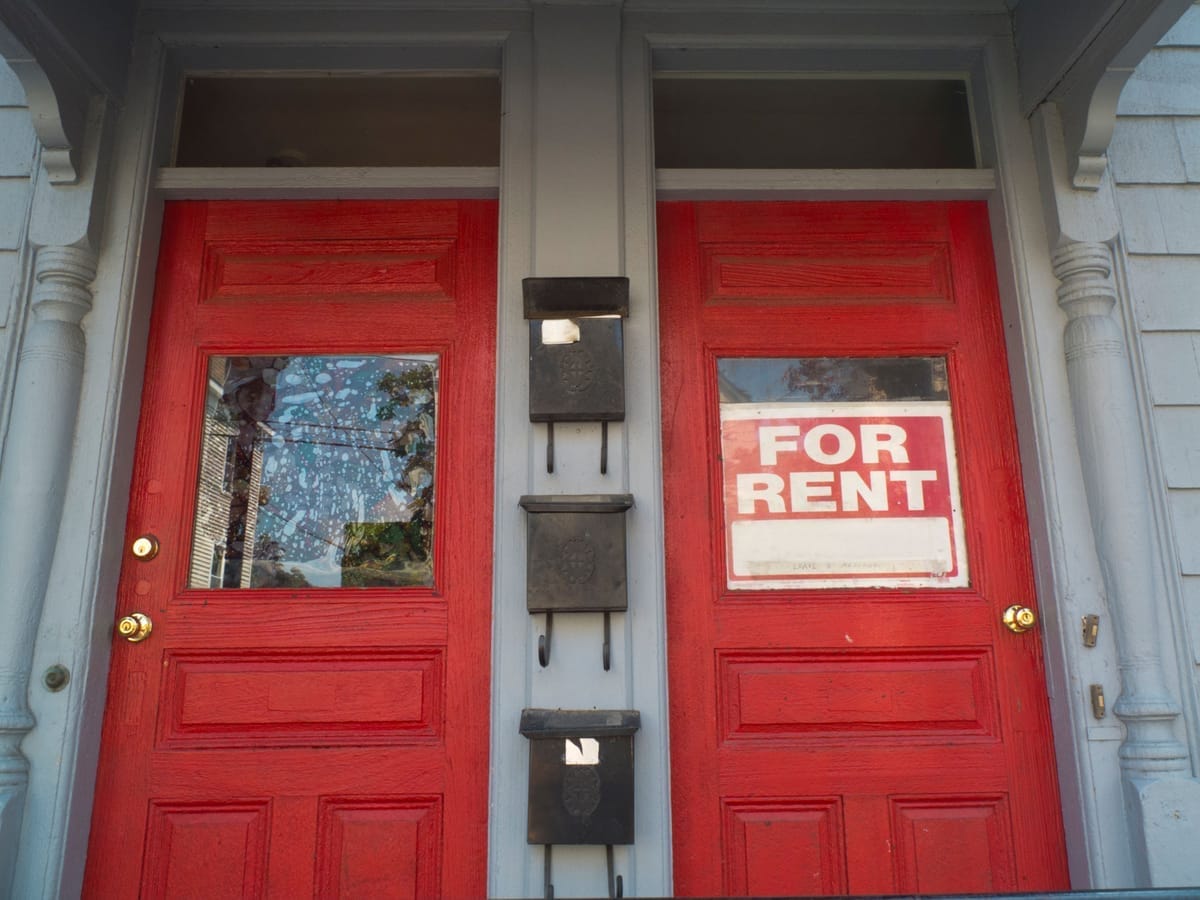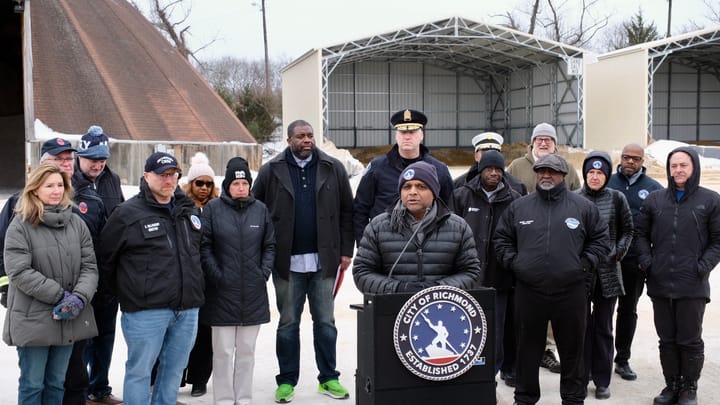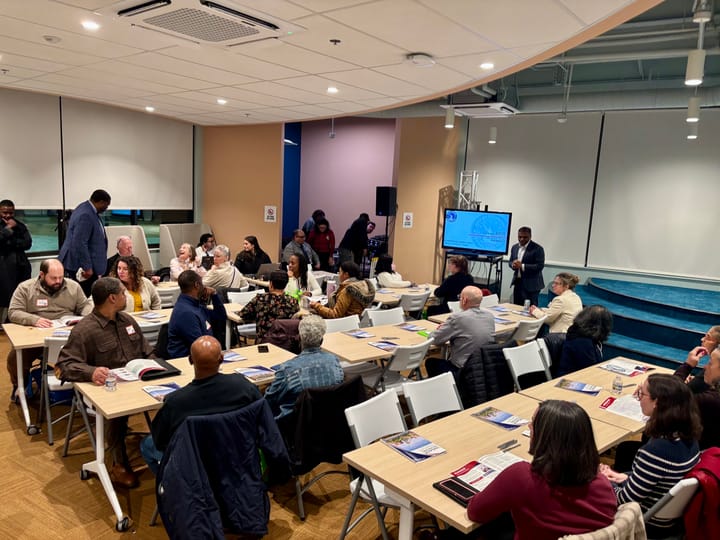
Landlords, realtors ask Council for more targeted rental inspection program
Landlords and realtors are asking Richmond City Council to more narrowly focus a proposed rental inspection program on properties with demonstrated track records of problems, citing worries that a broader approach could inadvertently harm well-meaning landlords and surrounding neighborhoods.
“We would like to support a program that supports safe and quality housing for all Richmond residents,” Erika Misseri of the Virginia Apartment Management Association told Council’s Land Use, Housing and Transportation Committee Tuesday. “However, we believe enforcement efforts should be more acutely focused on bad actors that consistently fail to meet that standard.”
Last month, following months of pressure from residents and progressive advocacy groups, Richmond released its first draft of an ordinance that would establish the program.
While passage of that ordinance by City Council would set the criteria the city would use for identifying and creating rental inspection districts, it wouldn’t actually establish the districts themselves. Those decisions would be made separately, with properties and neighborhoods added over time.
Local governments in Virginia that have established inspection districts have adopted various approaches. (State law prohibits such programs from being implemented city- or countywide.) Fairfax City and the city of Alexandria have numerous districts containing hundreds of units. Hopewell has two, known as City Point and B Village. And Henrico County narrowly focuses its two inspection areas on the Glenwood Farms complex and the St. Luke Apartments, both of which have spurred extensive resident complaints.
Mayor Danny Avula’s administration is backing the more targeted path taken by Henrico.
“This approach where you’re taking in one complex at a time is something that we would recommend,” Planning Director Kevin Vonck told the committee Tuesday.
Laura Lafayette, CEO of the Richmond Association of Realtors, said that in one-on-one conversations, individual council members have indicated “that the intent is really about drawing very, very specific districts on very problematic properties.”
“If the language of the ordinance matched the intent, I think you would see less opposition,” she said. “But as the ordinance is drawn today, there are a lot of properties that could get caught up inadvertently in some of these zones, and it would be really unfair for the property owners who are doing the right thing to see their properties perhaps stigmatized by the label of blight and then devalued.”
The Richmonder is powered by your donations. For just $9.99 a month, you can join the 1,000+ donors who are keeping quality local journalism alive in Richmond.
The “blight” label in particular has caused some concern, with supporter Paul Fleischer, a small landlord in the 1st District who has been advocating for the ordinance through the Richmond chapter of Virginia Organizing, recommending that Richmond’s legislation use only the term “deteriorating.”
State law allows local governments to establish inspection districts if the locality finds “there is a need to protect the public health, safety and welfare” of the area’s renters, if the rentals are “blighted or in the process of deteriorating” and if the inspection of the units “is necessary to maintain safe, decent and sanitary conditions for tenants and other residents.”
But as landlord and realtor groups pushed for changes, some supporters urged Council to continue moving the ordinance forward.
“No legislation is perfect, but let’s not let the perfect be the enemy of the good,” said Allan Charles Chipman.
Omari Al-Qadaffi, a community organizer with the Legal Aid Justice Center, argued that the city’s shortages of affordable housing have left many Richmond renters in a precarious position.
“Landlords know they don’t have to fix anything now,” he said. “They know they don’t have to fix anything because the demand is so high for housing. They know that they can put you out and go get ready to rent and put somebody else in there.”
The committee ultimately voted to continue consideration of the proposal until its next meeting in September while councilors and the administration figure out ways to amend it.
“There does seem here to be relatively universal approval for a version of this if it is well targeted,” said Councilor Andrew Breton (1st District).
But the ordinance, he said, “could benefit from a little more assurance that the buildings that end up in the district will be the ones that have actually been flagged by criteria such as emergency calls, tenant requests and history and not just being on the same block as someone else.”
Councilor Nicole Jones (9th District) assured members of the public that Council would do its “due diligence” to consider all of the proposal’s impacts.
“This paper is to support the residents. I personally have a lot,” she said. And for anyone saying they “don’t know what districts to start,” she continued, “I can tell you where to start.”
Contact Reporter Sarah Vogelsong at svogelsong@richmonder.org






